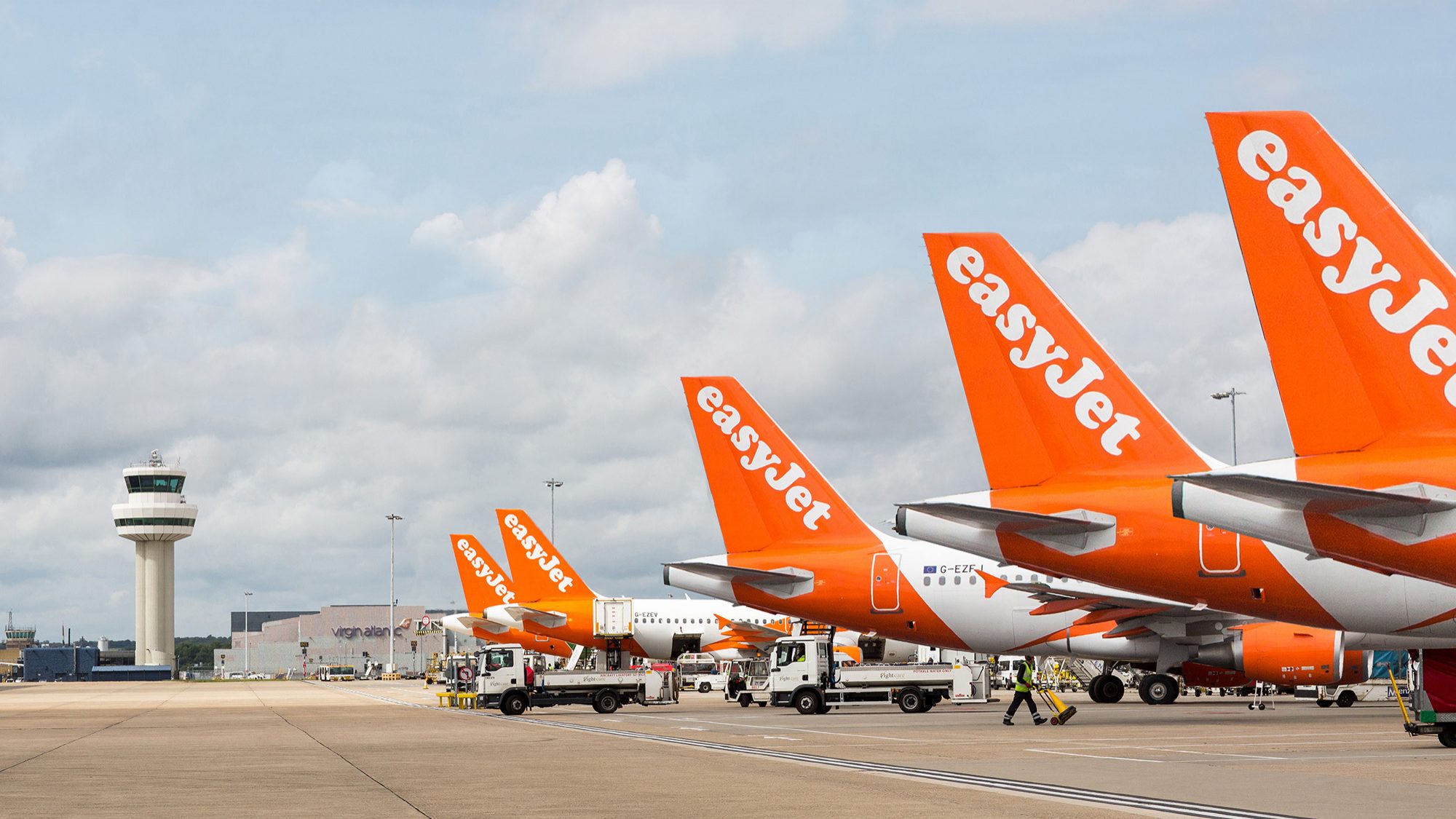Easyjet cabin crew begin 5-day strike for conditions similar to abroad
EasyJet had cancelled 350 flights on the days scheduled for the strike period up until 10 July, corresponding to 69% of flights scheduled to depart from Porto, Lisbon and Faro.
Cabin crew based in Portugal working for the airline EasyJet on Friday began a strike that is to run until Tuesday, to demand conditions similar to those that apply at the carrier’s bases in other countries.
On 6 July, the company’s pay proposal was rejected by 90% of members of the National Union of Civil Aviation Flight Personnel (SNPVAC) working at the airline.
The SNPVAC said at the time that “there is no more room for negotiation” and that this left no alternative “but to declare a strike notice for the coming 21, 22, 23, 24 and 25 July.”
EasyJet cabin crew will thus be carrying out their third strike in recent months, after one in April and another at the end of May and beginning of June, demanding similar conditions for crew based in Portugal to those at bases in other countries.
After months of meetings with the company, SNPVAC says that while it is agrees with some points of easyJet’s proposal, it does not understand the company’s stance on basic salary, “which represents almost two-thirds” of the total.
“We deeply regret that the company continues to consider that a Portuguese [cabin crew member] should receive, at the end of three years of increases, 90% less basic salary than a French colleague,” the union stressed.
It later noted that EasyJet had cancelled 350 flights on the days scheduled for the strike period up until 10 July, corresponding to 69% of flights scheduled to depart from Porto, Lisbon and Faro.
The airline, for its part, expressed disappointment at the strike and accused the union of insisting on unviable demands.
“We are extremely disappointed that SNPVAC is planning further strike action, despite our willingness to pursue constructive dialogue with the aim of reaching a sustainable agreement,” it said in a statement, adding that despite its efforts, the union’s demands “remain unworkable, with proposed increases that demonstrate no sense of reality.”
